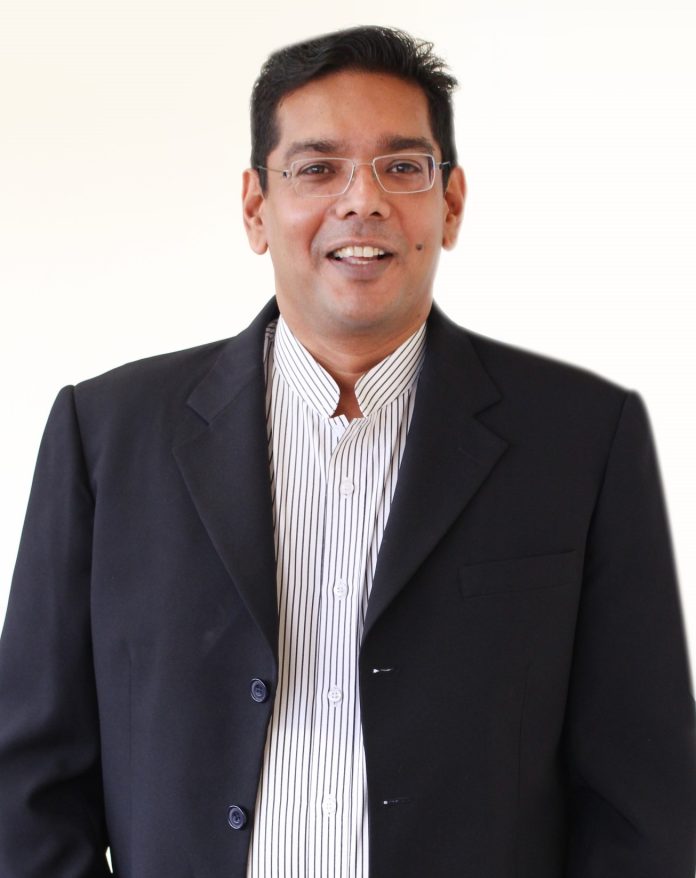
In Malaysia, the social notion persists that men should be resilient, stoic, and self-reliant. This stereotype implies that seeking medical help or admitting to health issues is a sign of weakness.
This was substantiated in the Ministry of Health’s Men’s Health Plan of Action 2018 – 2023[1], which noted that despite a higher prevalence of health risk factors, many men typically do not participate in preventive activities, while even delaying seeking help until complications arise. Meanwhile, the report also stated that men tend to be less knowledgeable than women about health-related issues.
As we approach Fathers’ Day, we take an opportune moment to reflect on an often-overlooked aspect in the lives of men and dads everywhere – their health, particularly in regards to fertility and reproductive health, a rather “unmanly” topic.
The notion that “tough guys don’t talk” is very prevalent in our society. Misconceptions about masculinity often lead to a harmful silence, as it can cause men to suffer in solitude, avoiding necessary conversations about their health. From a young age, men are often conditioned to be providers and protectors – roles that supposedly leave no room for vulnerability. This cultural pressure contributes to men neglecting their own health, often ignoring symptoms that could indicate serious health issues.
This leads to risky health behaviours, including delaying check-ups, and avoiding discussing health concerns altogether. This avoidance can result in late diagnoses and missed opportunities for early intervention, potentially turning manageable conditions into severe health crises.
“What’s (not) up, doc?”
Let’s be simply clear – avoiding the doctor and ignoring symptoms is not just a minor oversight; it can be life-threatening, especially when things aren’t right. Regular screenings can catch important issues before they become critical, offering a better prognosis and more treatment options.
Conversely, untreated health conditions don’t just affect the individual, but have profound implications for men’s families and fertility. For instance, a varicocele – an enlargement of veins within the scrotum can cause pain and lead to infertility if left untreated. Similarly, sexually transmitted infections (STIs) can lead to long-term health complications and affect fertility. Sexual dysfunctions, such as erectile dysfunction, whether due to physical or psychological reasons, can also strain relationships and diminish quality of life.
Dr Muhilan Parameswaran, a consultant urologist at TMC Fertility, highlights the critical importance of early intervention. With decades of experience in treating male health and fertility issues, he has personally witnessed firsthand the consequences of delayed medical care.
As such, he passionately advocates regular health assessments and early medical intervention as vital strategies for maintaining overall health and well-being. He also encourages men not to be shy or embarrassed to talk to health professionals about their issues.
“The truth is, many health issues that men face, including those affecting fertility, can be managed or even prevented with regular check-ups and timely medical intervention, However, many do not feel comfortable, or even feel unnecessarily embarrassed to see a doctor, especially when it comes to issues such as prostate health, ” Dr Muhilan explains.
“It’s all about recognising the signs early and not being afraid to speak up and seek help. Unfortunately, too many men come to see us only when their symptoms have become severe. By then, the treatment options may be more limited, and the outcomes less favourable.”
Dr Muhilan stresses that more than just a preventive measure, routine medical examination should be a proactive step towards maintaining long-term health. He notes that scheduling annual or bi-annual visits to a healthcare provider can make a significant difference.
“Your body often gives you signals when something isn’t right,” he says. “Whether it’s persistent pain, unusual symptoms, or changes in your physical or mental health, it’s crucial to pay attention and seek medical advice promptly. Ignoring these signs does not make them go away; it often makes things worse. At the same time, men would serve themselves well by going for regular medical screenings even when everything is seemingly okay.”
Have the courage to know, and the real strength to take charge!
As they say, knowledge is power. This is especially true when it comes to men and health. Understanding the importance of health maintenance and being proactive about seeking help can empower men to take charge of their well-being. It is crucial to stay informed about the various health risks that can affect men at different stages of life.
More than that, educating oneself about the symptoms of common conditions, the benefits of early detection, and the advances in medical treatments can make all the difference in transforming a merely reactive approach to health to a proactive one. This shift not only improves individual health outcomes but also sets a positive example for the next generation, breaking the cycle of silence and neglect.
This Fathers’ Day, let’s encourage open conversations and proactive health management among men. By just MEN-tioning it, we can foster a culture where seeking help is seen as strength, not a weakness. Embracing regular health checks and being attentive to our bodies ensures that we can be there for our families, not just as providers and protectors, but as healthy, present, and engaged individuals.
————————————————
[1] https://hq.moh.gov.my/bpkk/images/3.Penerbitan/2.Orang_Awam/5.Kesihatan_Dewasa/2.PDF/5Mens_Health_Plan_of_Action_Malaysia.pdf



